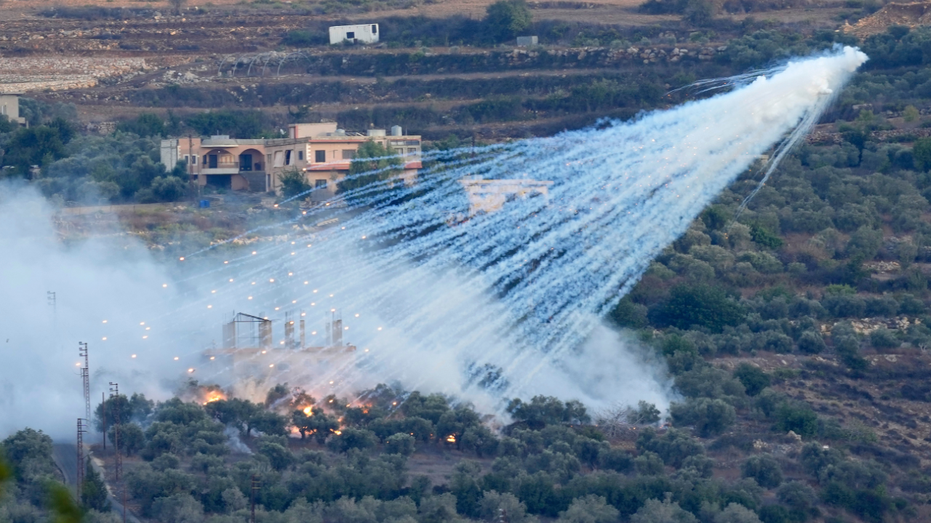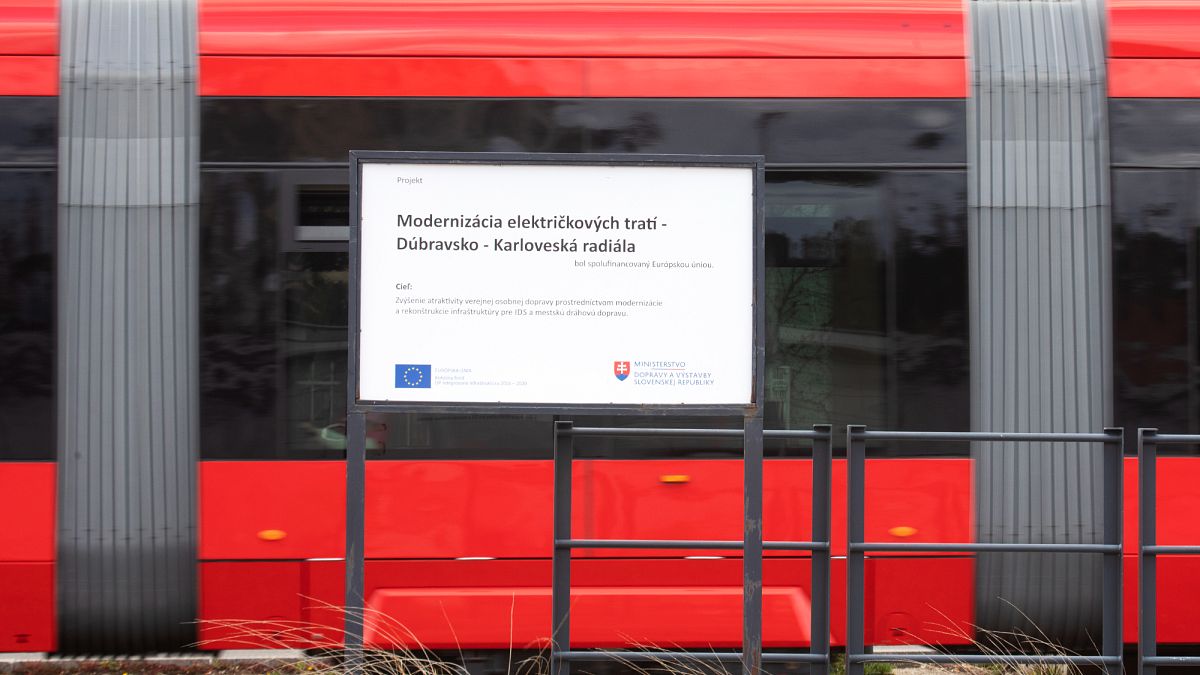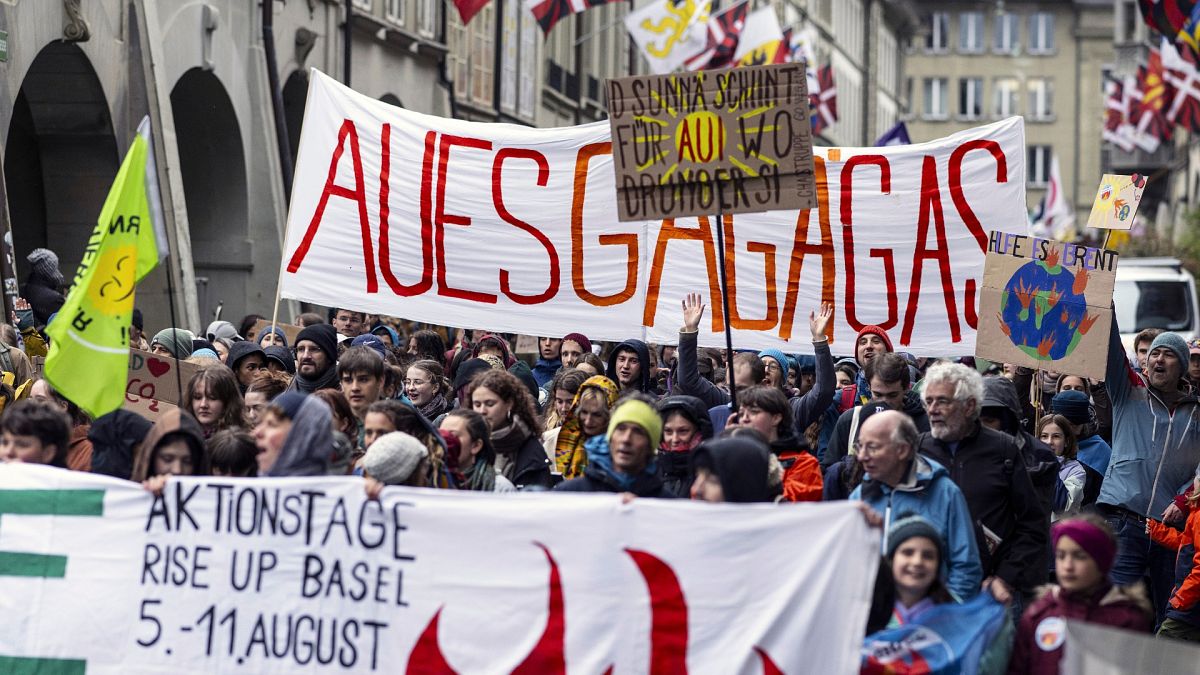Israel accused of using white phosphorus to harm civilians in Lebanon, rights group report says
Human Rights Watch, a human rights group, has accused Israel of using white phosphorus on residential buildings in at least five towns and villages in southern Lebanon.

A global human rights group accused Israel of using white phosphorus incendiary shells on residential buildings in at least five towns and villages in conflict-hit southern Lebanon, possibly harming civilians and violating international law, in a report published Wednesday.
Human Rights Watch said in its report that there was no evidence of burn injuries due to white phosphorus in Lebanon, but that researchers had "heard accounts indicating possible respiratory damage."
Human rights advocates say it's a crime under international law to fire the controversial munitions into populated areas.
ISRAELI ARMY SAYS IT WILL HALT ITS USE OF WHITE PHOSPHOROUS SHELLS
The white-hot chemical substance can set buildings on fire and burn human flesh down to the bone. Survivors are at risk of infections and organ or respiratory failure, even if their burns are small.
The Israeli military told The Associated Press that it upholds international law regarding munitions and the use of white phosphorus, using the chemical only as a smokescreen, not to target civilians. "IDF (Israeli Defense Forces) procedures require that such shells are not used in densely populated areas, subject to certain exceptions," the statement added.
The HRW report includes interviews with eight residents in conflict-hit southern Lebanon, and the group says it has verified and geolocated images from almost 47 photos and videos that show white phosphorus shells landing on residential buildings in five Lebanese border towns and villages.
The Lebanese Health Ministry says at least 173 people have required medical care after exposure to white phosphorus.
The researchers found that the controversial incendiaries were used in residential areas in Kfar Kila, Mays al-Jabal, Boustan, Markaba, and Aita al-Shaab, towns that are among the hardest-hit in eight months of fighting.
The New York-based rights group alongside Amnesty International also accused Israel of using white phosphorus in residential areas in October 2023, less than a month after clashes began between the Israeli military and the powerful Hezbollah group along the southern Lebanon-Israel border, a day after the Israel-Hamas war broke out on Oct. 7.
In its report, HRW called on the Lebanese government to allow the International Criminal Court to investigate and prosecute "grave international crimes" within Lebanon since October 2023.
"Israel’s recent use of white phosphorus in Lebanon should motivate other countries to take immediate action toward this goal," said HRW Lebanon Researcher Ramzi Kaiss.
More than 400 people have been killed in Lebanon, most of them fighters but also including more than 70 civilians and noncombatants. In Israel, 15 soldiers and 10 civilians have been killed since October. Tens of thousands of people have been displaced on both sides of the border.
What's Your Reaction?
















